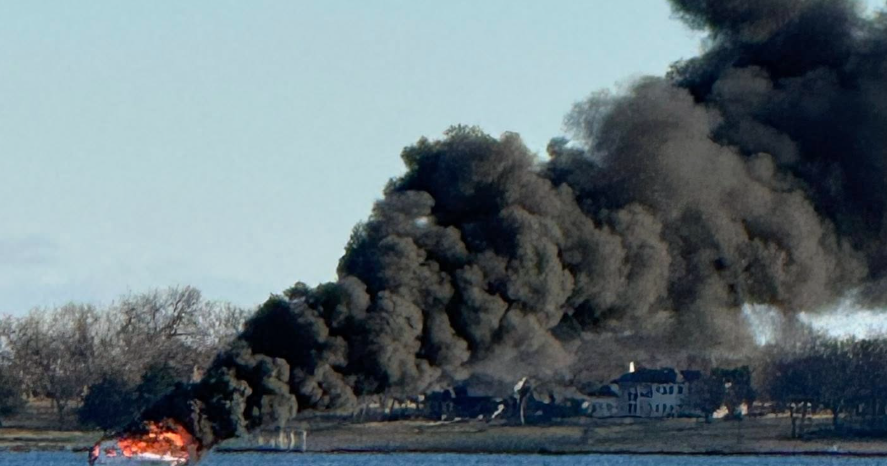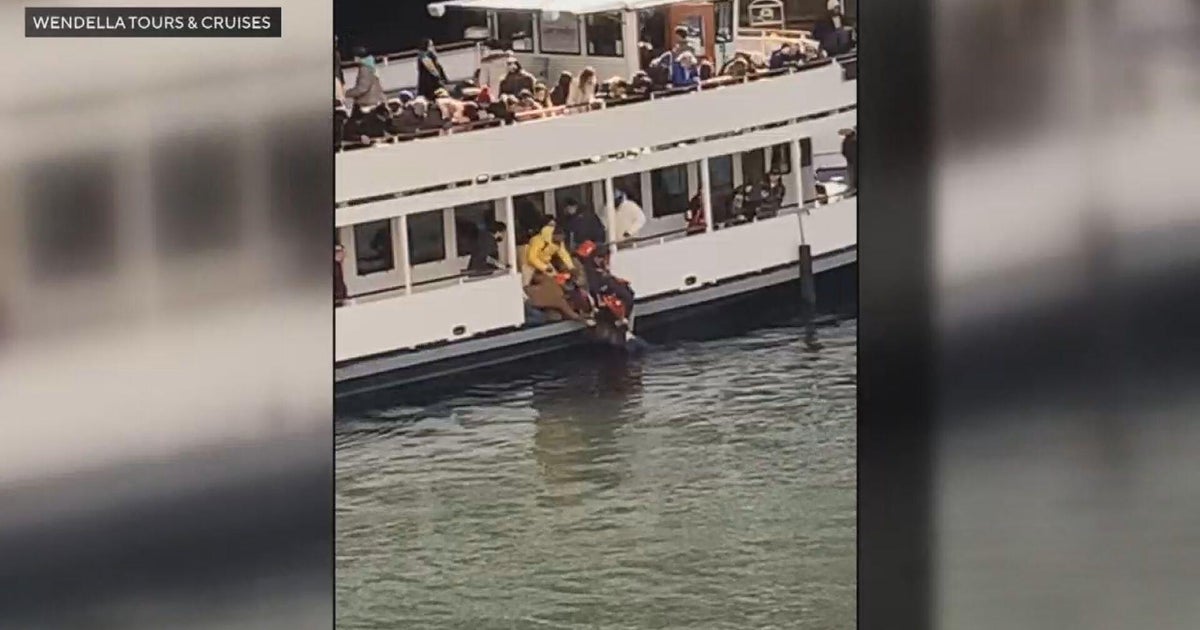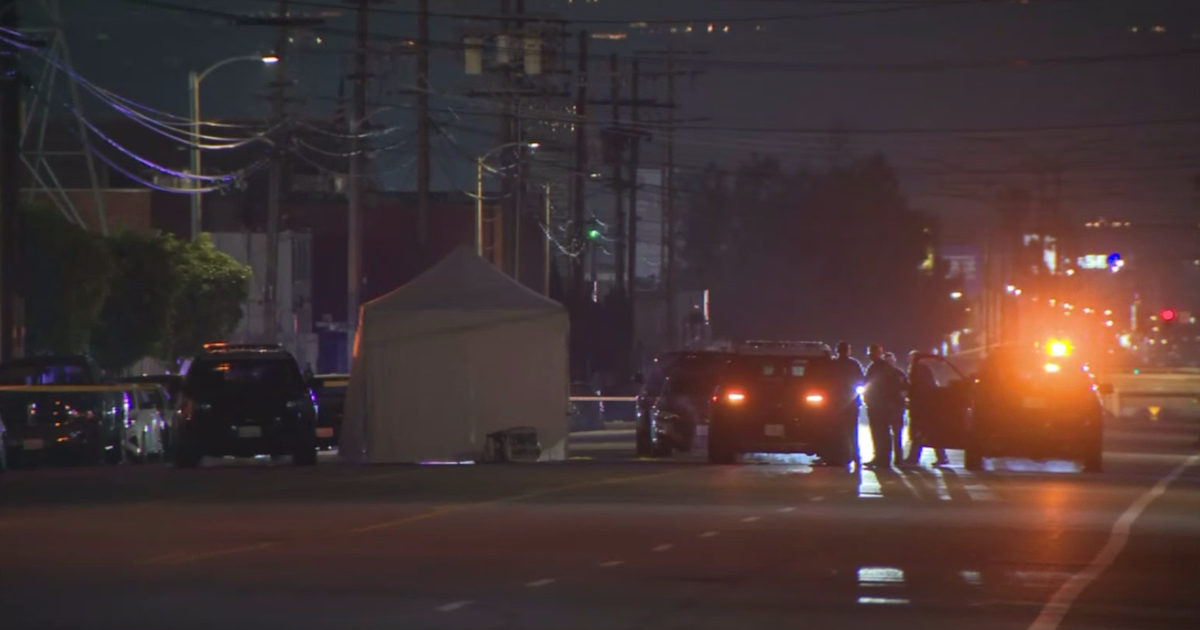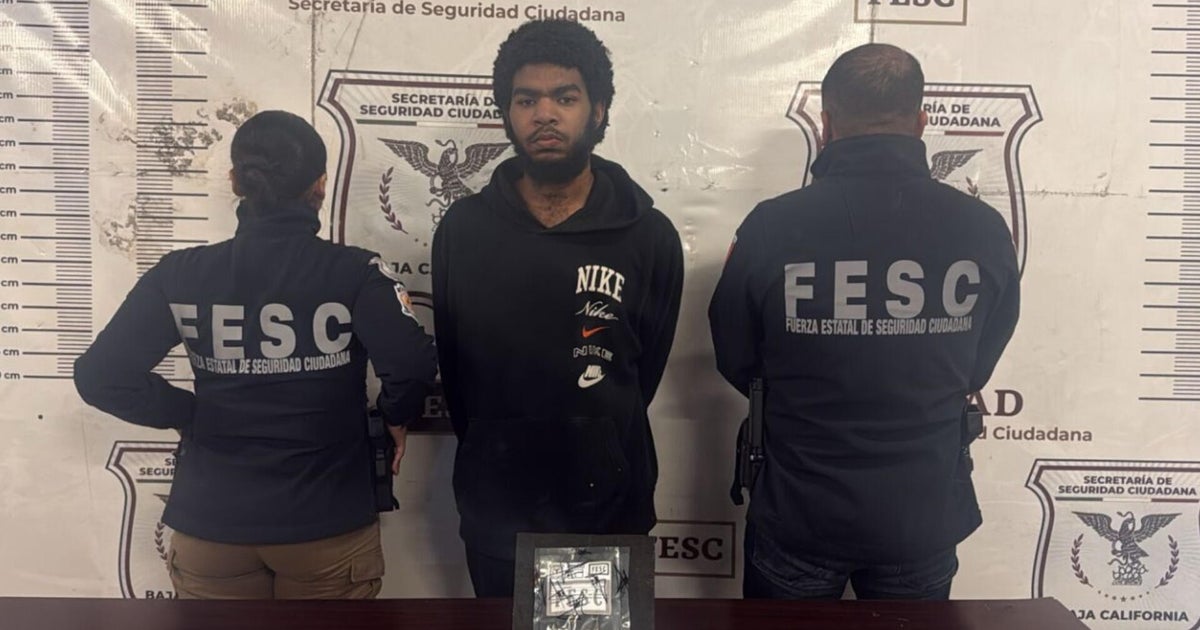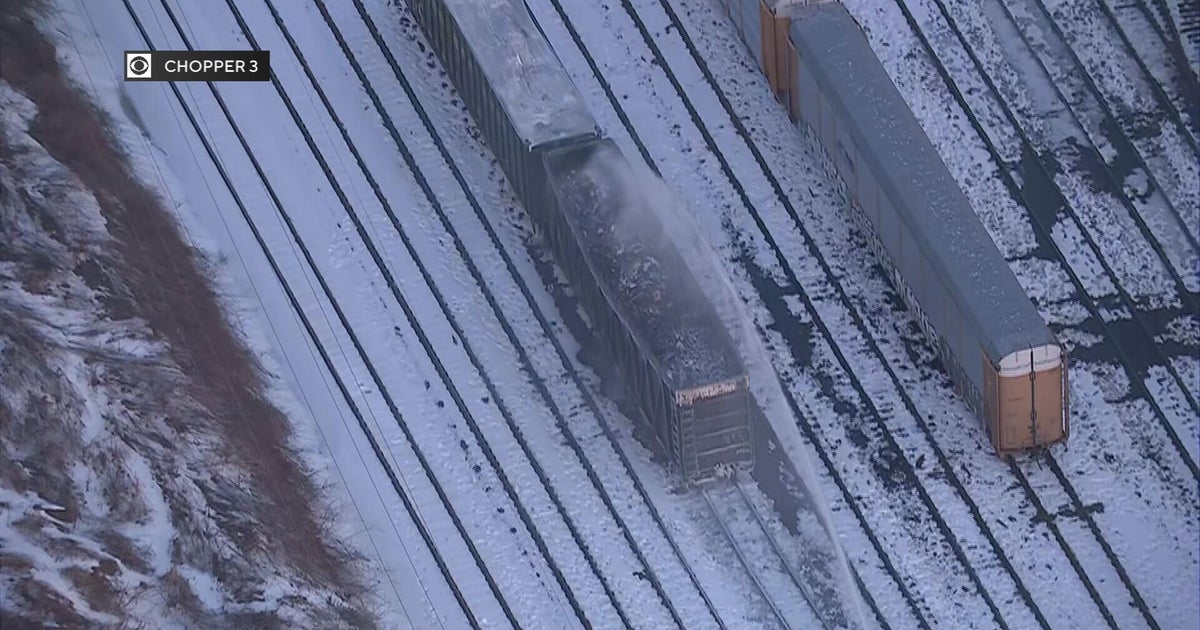Miami Fire Chief Defends Response To Deadly Boating Accident
MIAMI (CBSMiami) - The City of Miami Fire Chief publicly defended his department's response to the deadly boating accident on Biscayne Bay on the Fourth of July, Thursday.
The statements came after the father of one of those killed and the Miami-Dade Fire Union criticized the response.
Miami Fire Chief Maurice Kemp told CBS4's Natalia Zea that he is planning to meet with the heads of other agencies including Miami-Dade Fire, Florida Fish and Wildlife Conservation Commission and the Coast Guard to see what could be done to improve emergency response on the water.
Despite not one sole agency being in charge that chaotic night on the Fourth of July, the Chief said the response was adequate.
Investigators said one boat t-boned another and spun out of control. Nine people were rushed to hospitals and four ultimately died.
The Miami City Commission heard first-hand the chaotic events that unfolded on Biscayne Bay that night in a meeting Thursday morning.
Miami Fire Chief Maurice Kemp listed the high number of responders helping to save lives.
The Chief gave his presentation after the Miami-Dade Fire Union and retired Fireboat captain Jack Garcia, whose son Andy died in the accident, spoke out saying the response was not coordinated and not adequate.
Miami-Dade's fireboats are currently out of service, a decision Garcia has criticized for years.
Garcia went out on a private boat himself looking for his son's body.
The Miami Fireboats have technology to find people in dark open waters, but they cleared the scene around 2 a.m. when Andrew (Andy) Garcia and Victoria (Tori) Dempsey were still missing.
The Chief said none of the responding agencies knew they were still in the water and that it wasn't his department's role at that time to find them.
"We were primarily responsible for treatment and transport of the injured. We were not actively involved in searching for people that night," said Chief Kemp.
Kemp added each agency had its own role under the same unified command system rescuers use on land. A system the chief he says, works.
"We, all the agencies, had over 70 units collectively and over 100 individuals responding to this incident so I think that was an adequate response," said Kemp.
Kemp plans to continue to work with the other agencies to develop new strategies that could help with accident responses.
Click here to watch this report.
RELATED CONTENT:
